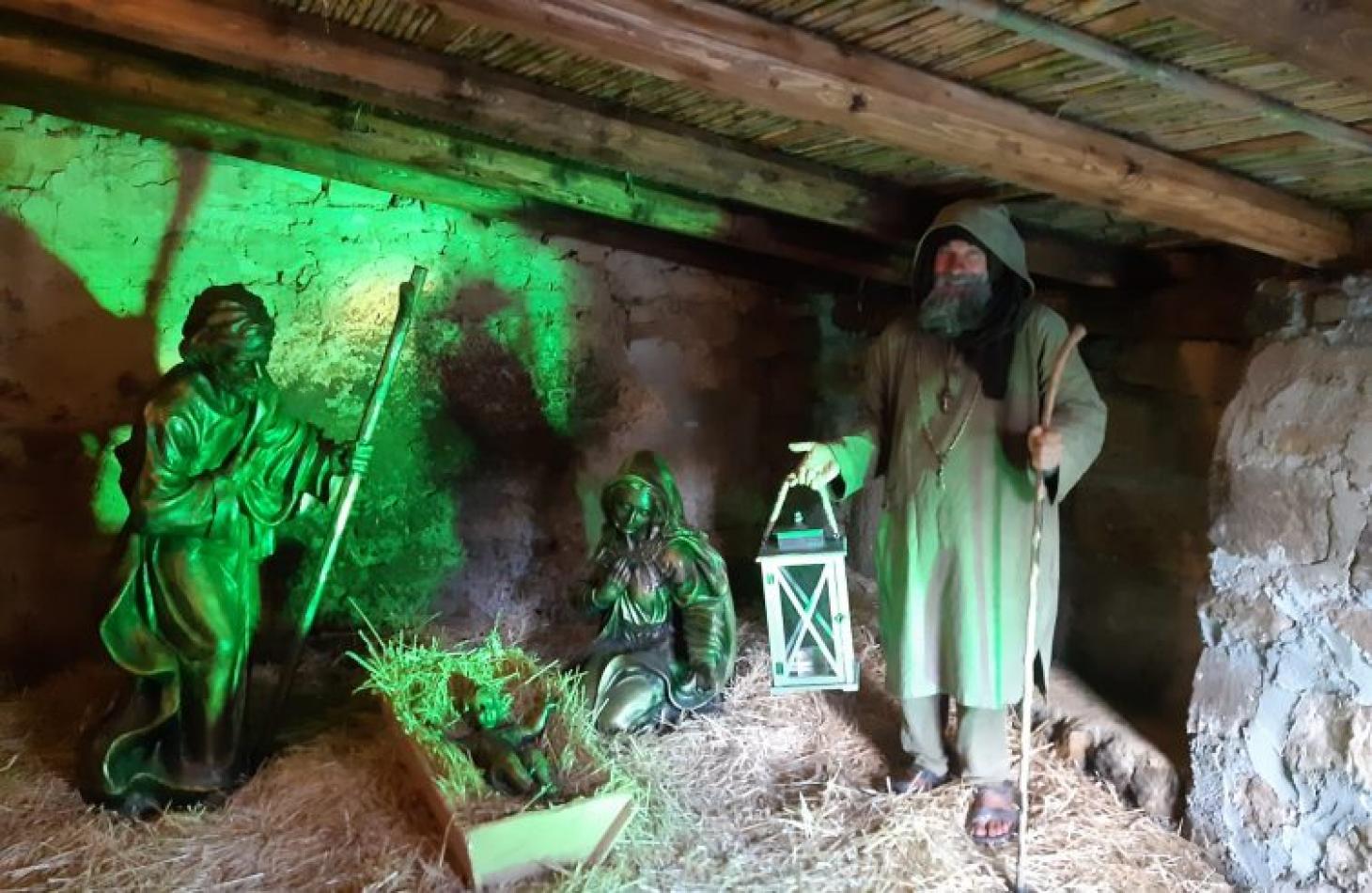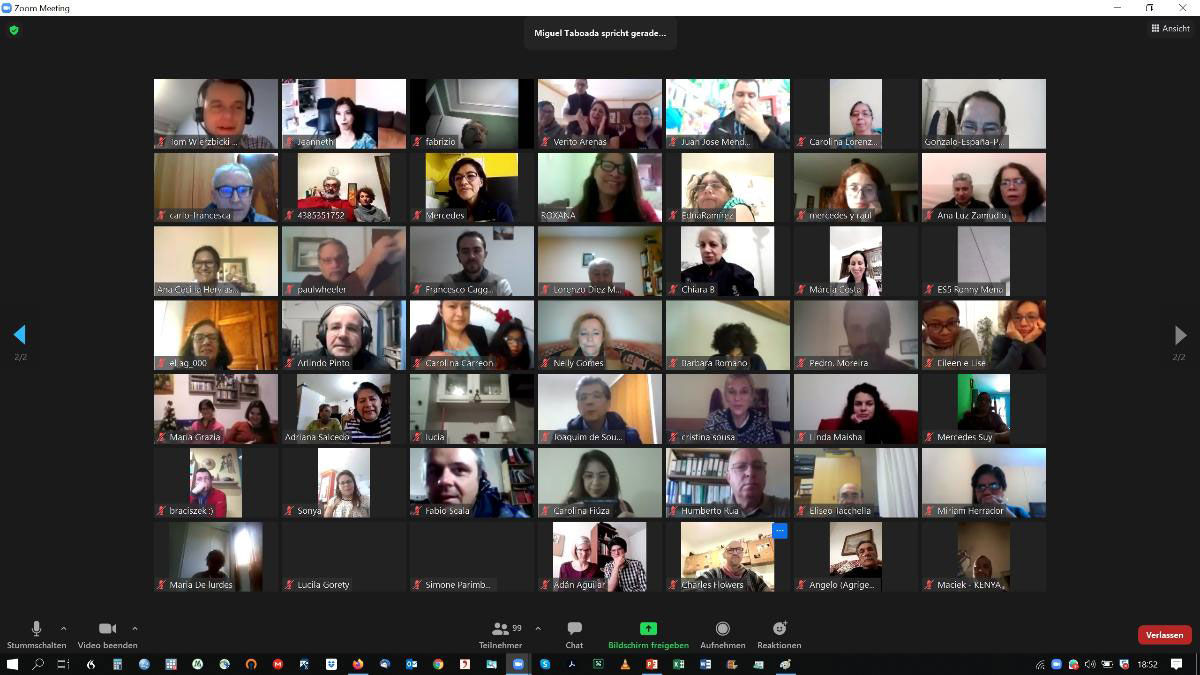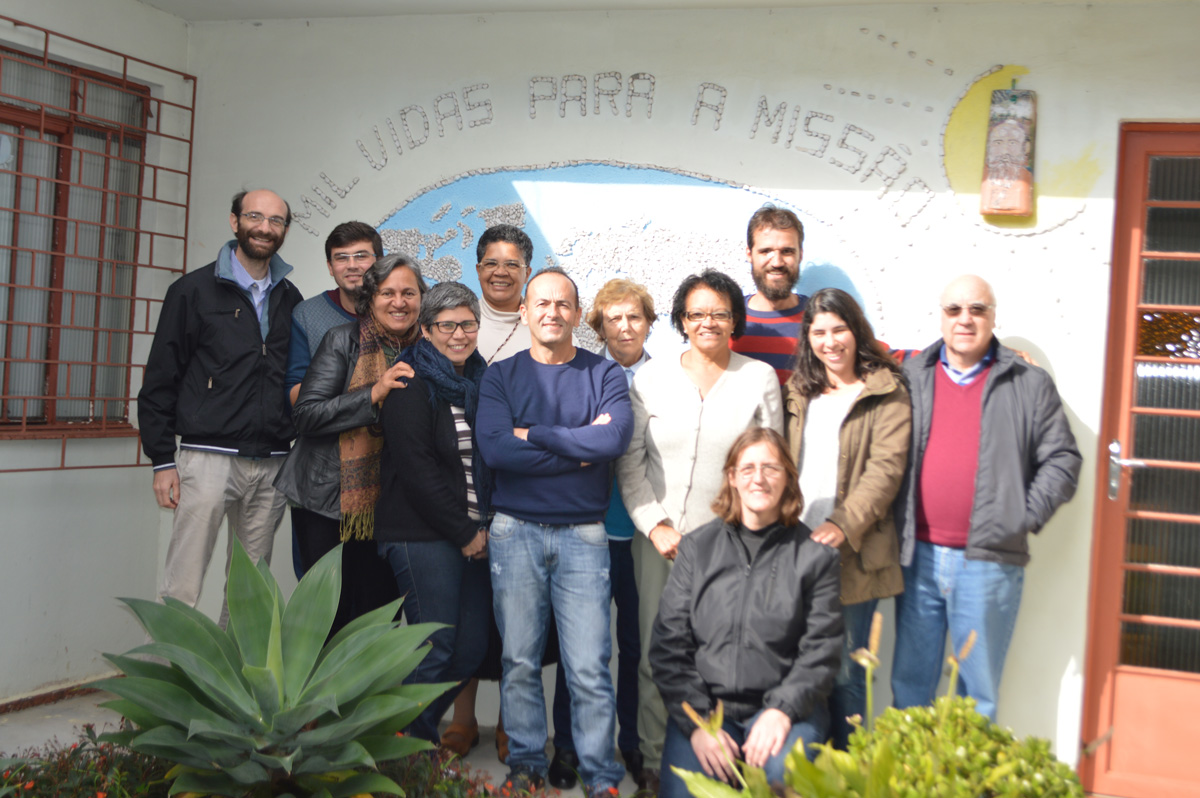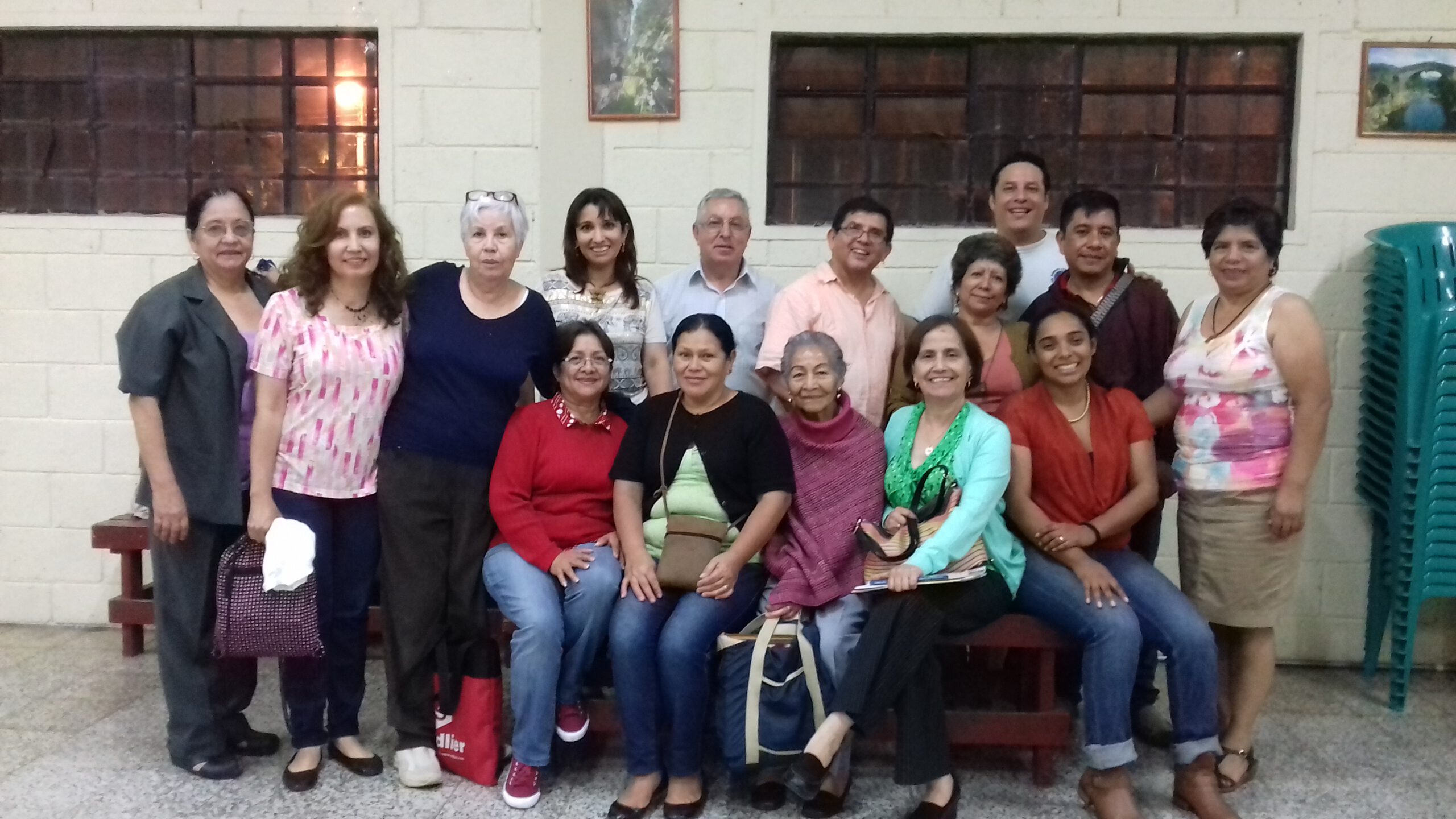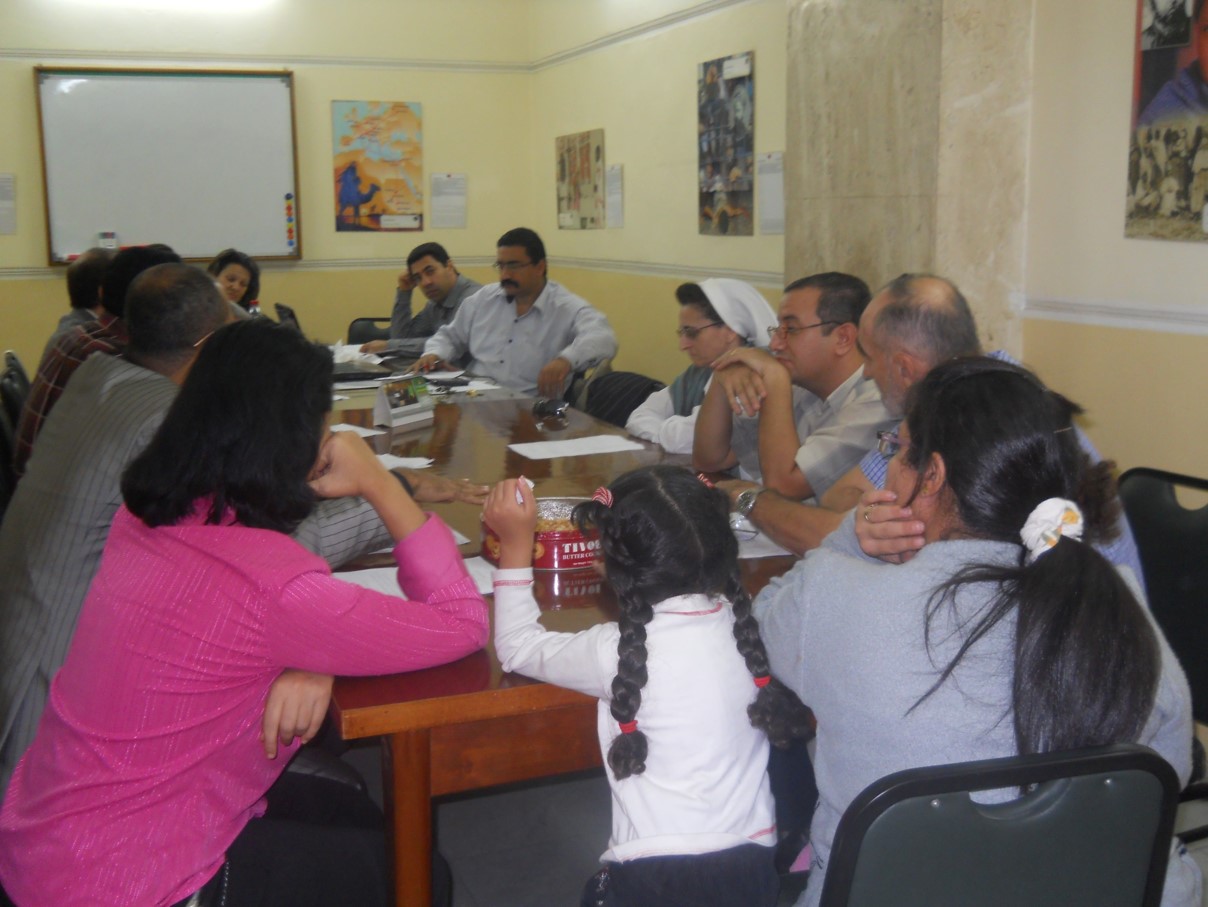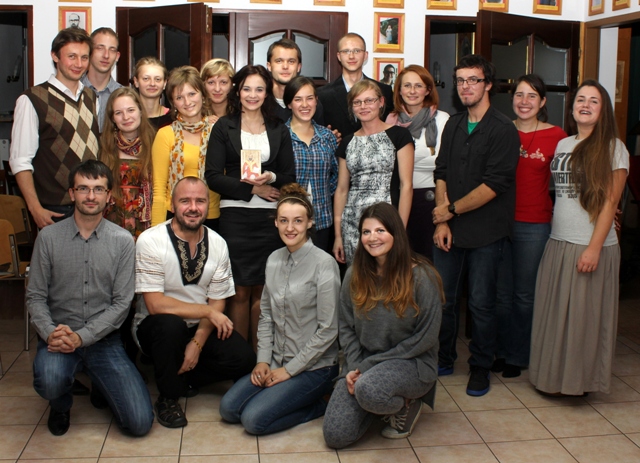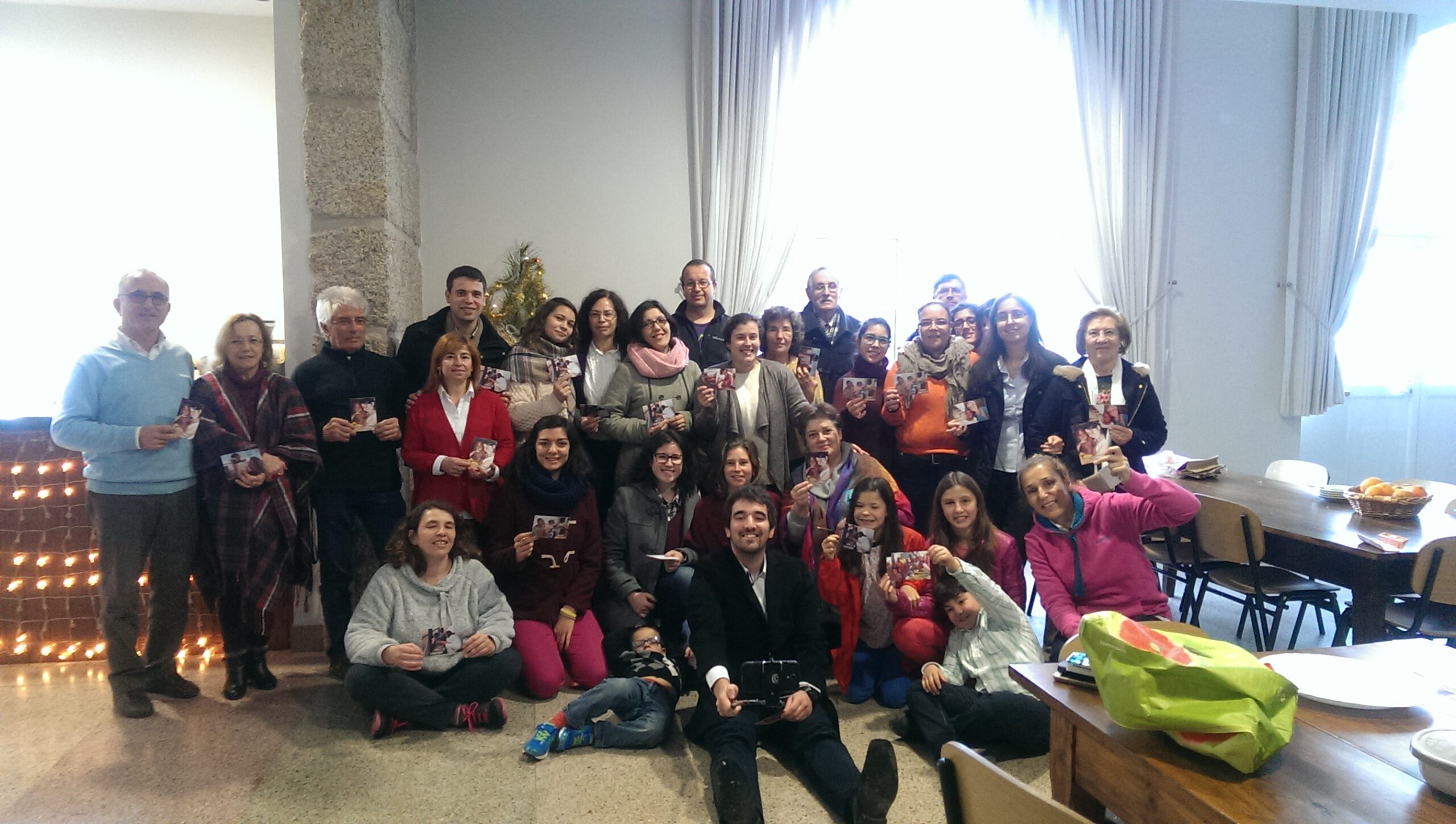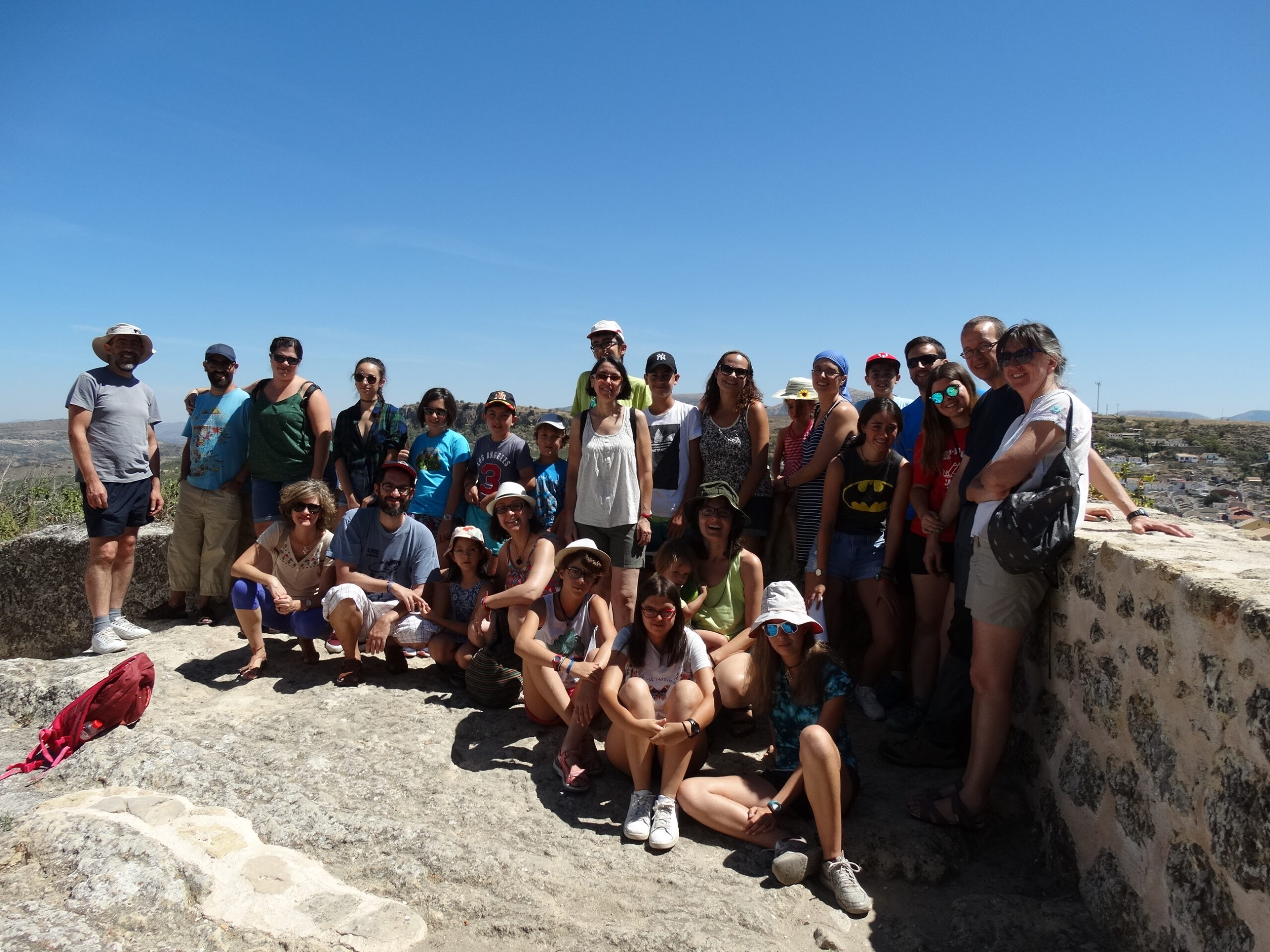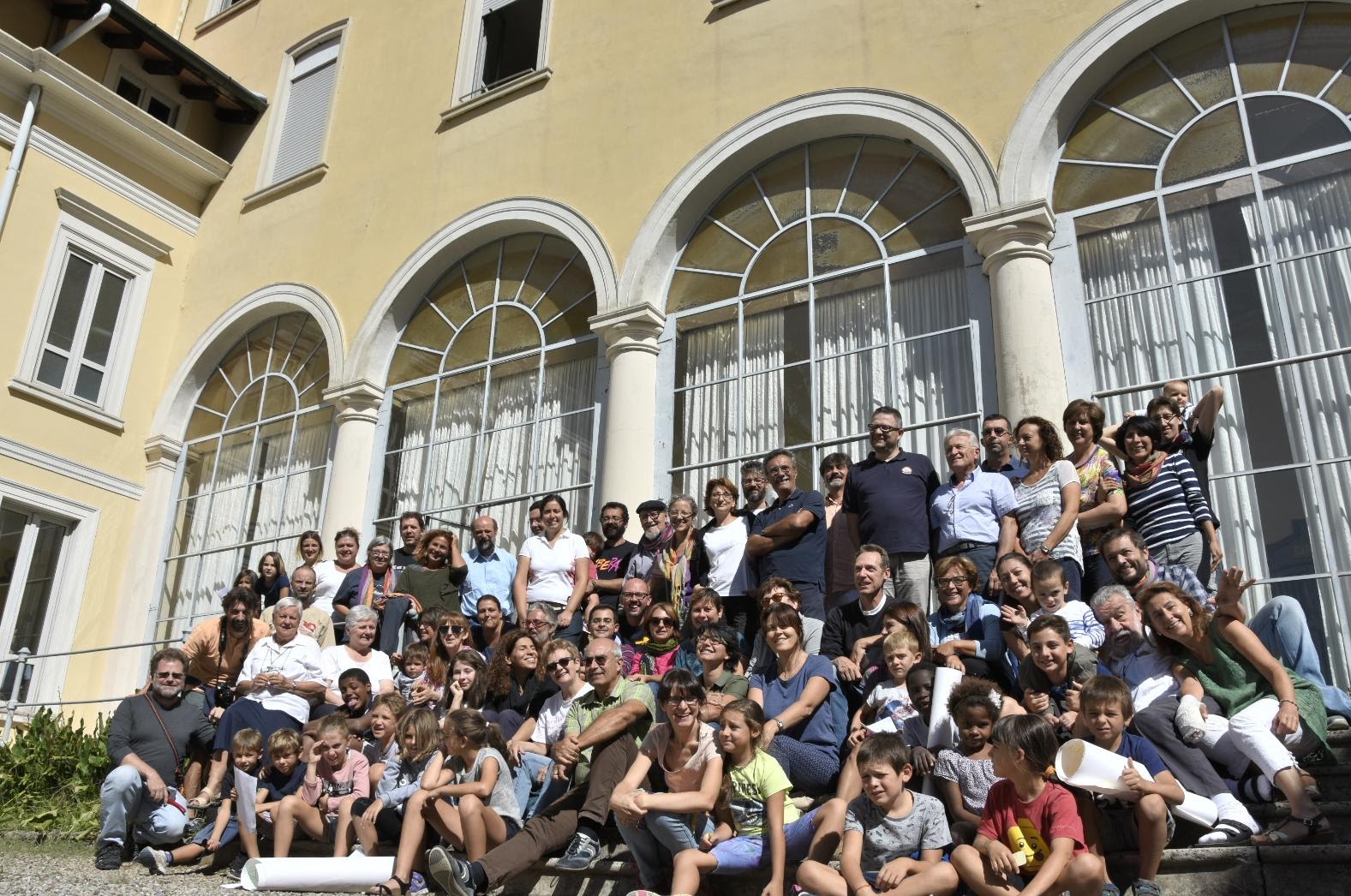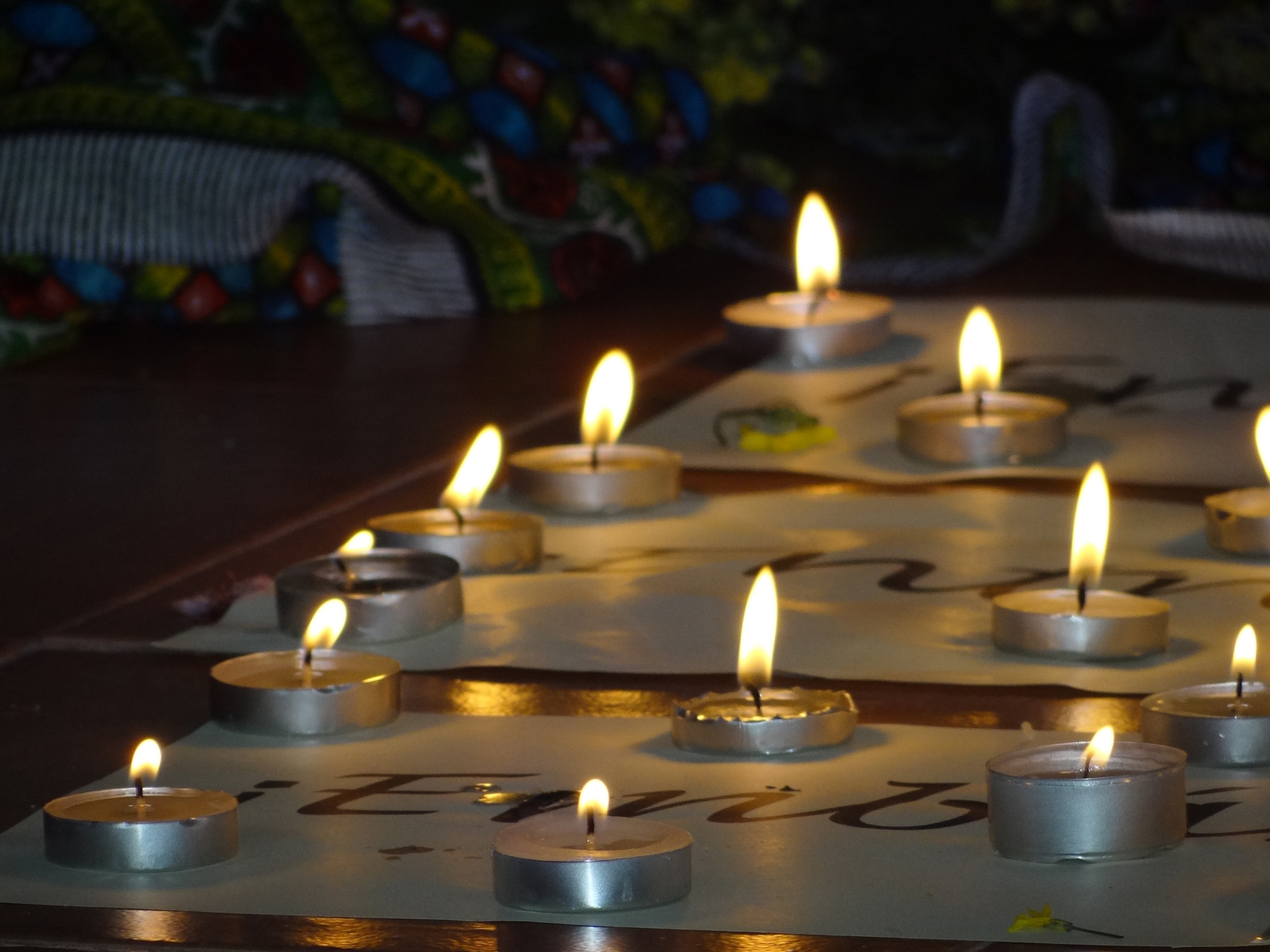
Europe
General Council: “We wish to live this Christmas together with all of humanity”
We wish you a Holy Christmas
and a New Year of 2021 full of great missionary passion
“Do not be afraid. Listen. I bring you news of great joy, a joy to be shared by the whole people. Today, in the town of David, a Saviour has been born to you; he is Christ the Lord.”
(Lk 2, 10-11)
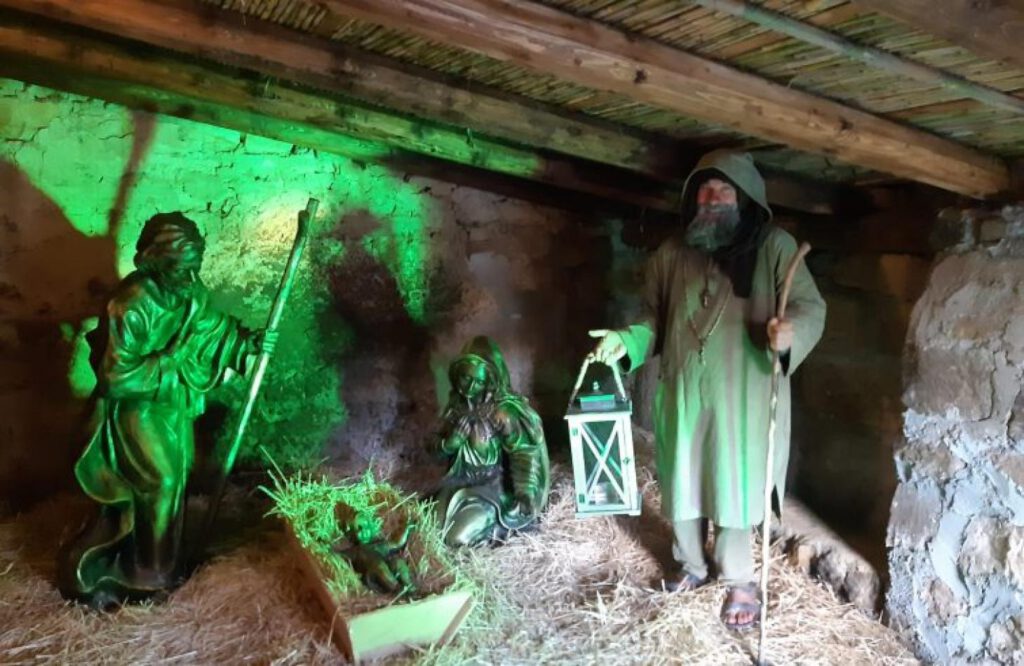
Dear Confreres,
Christmas is near and we are preparing to welcome the God who comes. The message of the angels resounds in the heavens and on the earth. It is clear and unmistakable, bearing joy and hope: Today a saviour is born to you who is Christ and he is Lord. This message is for our Today, for the whole people of Israel and all the peoples of the earth.
Nevertheless, all humanity is living a critical and difficult situation that strikes without distinction. We all bear the burden and the suffering of this pandemic that has exposed our weakness and our limits, revealed our fears and changed our behaviours. Among its victims, there is a large group of confreres who have experienced suffering and even death. We really are all in the same boat and still on the high seas! Despite the pain and feeling lost, there have been many concrete gestures of charity and solidarity so as to be close to the people. In this situation, at once dark and full of light, we have been challenged to read the signs of the times and places through the eyes of faith and discover the presence of God in all things.
It is in this context of suffering and disorientation that we are called to live, in faith, Christmas of this year of 2020. Instead of saying, as many do, that there will be no Christmas this year, we feel a deep need to celebrate it and to stay awake to receive God into our world, to live this event in a spirit of humility and contemplative prayer. He comes every day and in all circumstances; He comes untiringly as the Light that glows in our darkness to make us see reality with a gaze that is both positive and new. He becomes present in the weakness of our flesh to assure us that in it his saving power is revealed. He approaches wounded humanity to heal it and stir up in all a desire for brotherhood. He appears at the dawn of a new day that conquers fear and opens the way to Hope. Fixing our gaze on the God-child of Bethlehem, we realise that all of humanity is touched by his Presence, so often hidden in the events of history. He truly is the Emmanuel. If we allow ourselves to become involved in the mystery of the incarnation, we will be full of wonder and gratitude.
During his visit to Bethlehem, Comboni is moved at seeing the very place where Jesus was born: I entered it and, however much birth is more joyful than death, I was nonetheless more moved than on Calvary, at the thought of the condescension of a God who humbled himself to the point of being born in this stable (W 111). We too should allow ourselves to be moved by his presence in our daily lives and in the midst of the people among whom we live. The birth of the God-Child moves us to discover Him in people, especially the poorest and rejected, and to travel the roads of life together with them. We are invited to break the shell of indifference and individualism, to build up an open brotherhood where each person is recognised beyond the place in the world where he was born and where he lives (cf. Brothers All, 1). The contemplation of the Word made flesh leads us to conversion, to choose simple lifestyles and to concentrate on the Essential.
The difficult situation in which we find ourselves is an appeal to be attentive to the signs of God in history to find the new pathways of the mission. The contemplation of the Incarnation of God fills us with gratitude and wonder and opens us up to solidarity and an impassioned commitment on behalf of our poorest and most abandoned brothers and sisters, in the footsteps of Saint Daniel Comboni.
We wish to live this Christmas together with all of humanity, letting ourselves be transported by the love that emanates from the stable of Bethlehem and makes us signs of joy and hope. May the Virgin Mary, who waited for the Saviour in a special way and accompanied him from his birth to his death on the Cross, guide us on our oftentimes tiresome journey and transform us into witnesses of the Salvation brought by Jesus.
We wish you a Holy Christmas and a New Year of 2021 full of great missionary passion as we journey towards the XIX General Chapter.
The MCCJ General Council
CLM Day Celebration
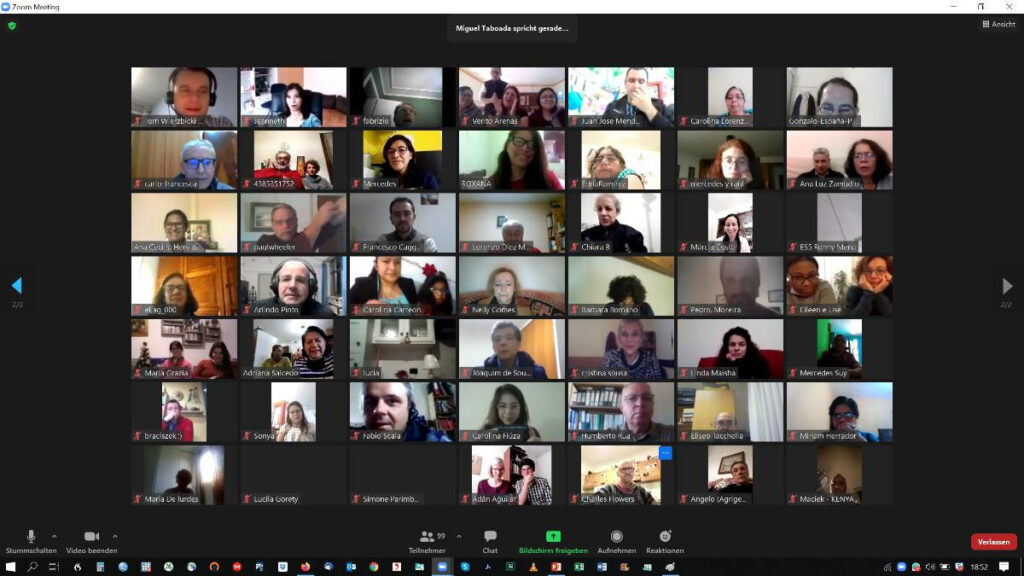
Yesterday we celebrated our day as Comboni Lay Missionaries.
This year, due to the pandemic, the face-to-face celebrations have been quite difficult and reduced.
But from Europe there was an initiative to celebrate our day together via Internet. And so we did.
We gathered more than 100 CLM from all over the world to share our feast and celebrate our vocation together. It is true that our colleagues in Africa had more difficulties in joining together due to the problems of the Internet.
We started with a greeting in several languages by Carmen Aranda (coordinator of the European committee) and we could remember, in a small video made in Brazil, the moment when Pope Francis greeted us during our international assembly held in Rome. It was an emotional moment.
Afterwards, we prayed for a while together using each one’s own language. We make present our different realities whether personal, familiar or missionary service that are and have been present during this year. We prayed to the Lord for the difficulties that the whole planet is going through and the particular difficult situations in some countries, as well as to thank Him for all that we have learned during this time and for the moments of solidarity that we have experienced during the year.
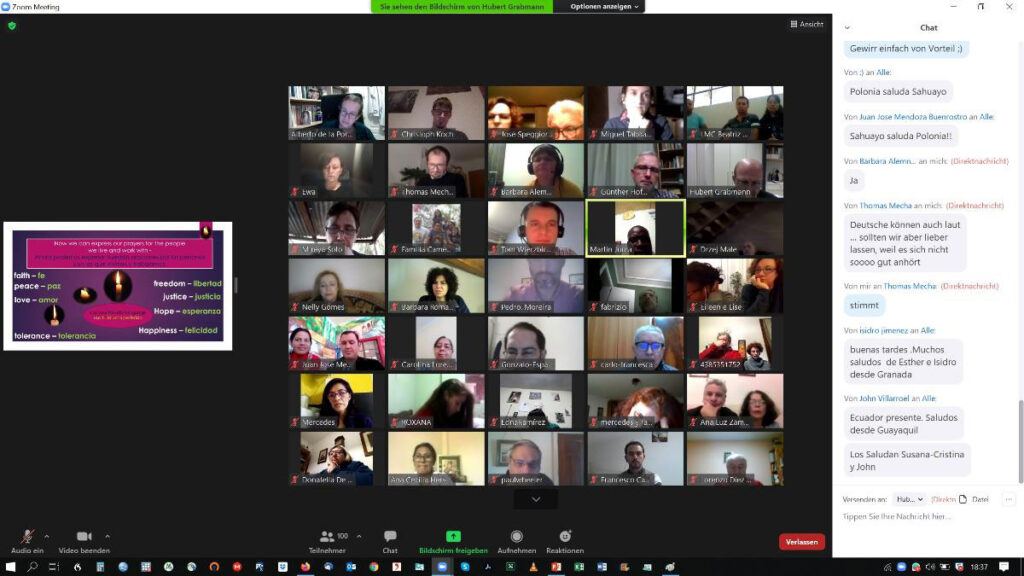
We also had the rest of the Comboni Family very much in mind, who were present congratulating us on this day.
Then we continued to share the presentation videos that the different countries had sent for this special day. In them we could meet the brothers and sisters of the different countries and see part of their missionary work as well as some music and typical things from each country.
Once this emotional moment of sharing our daily lives was over, we went on to talk individually and in small groups with a new application that not many of us knew.
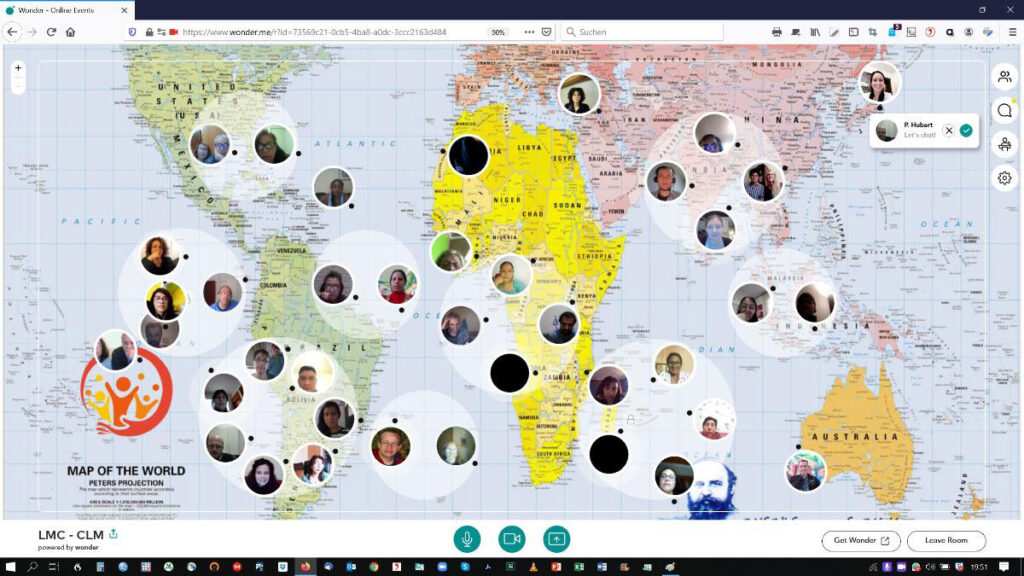
This was a very beautiful time where we could say hello and share a moment of conversation together, see companions that we only meet in international meetings or meet old community members. It was also an ideal moment to meet new CLMs in a personal way.
With the different languages we got along and with the help among us we understood each other. There was always someone to act as a bridge and help in translation.
We ended officially with a farewell message from Alberto as coordinator of the Central Committee and then many of us stayed for almost an hour more talking with each other in a more relaxed way.
It was a very beautiful and emotional moment that helps us to grow in our common vocation and to make present the realities of all the communities with which we share life, their hopes, difficulties and dreams.
We thank all the people who made this moment possible and all those who were present and prayed for us during that day.
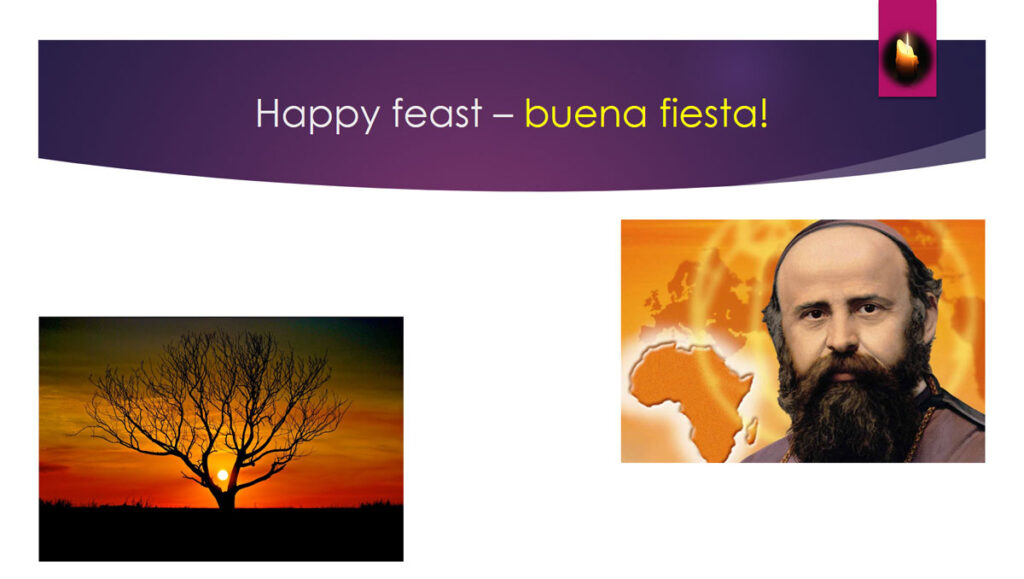
Greetings to all of you
Alberto de la Portilla. Coordinator of the CLM Central Committee.
Comboni Lay Missionary Day 2020
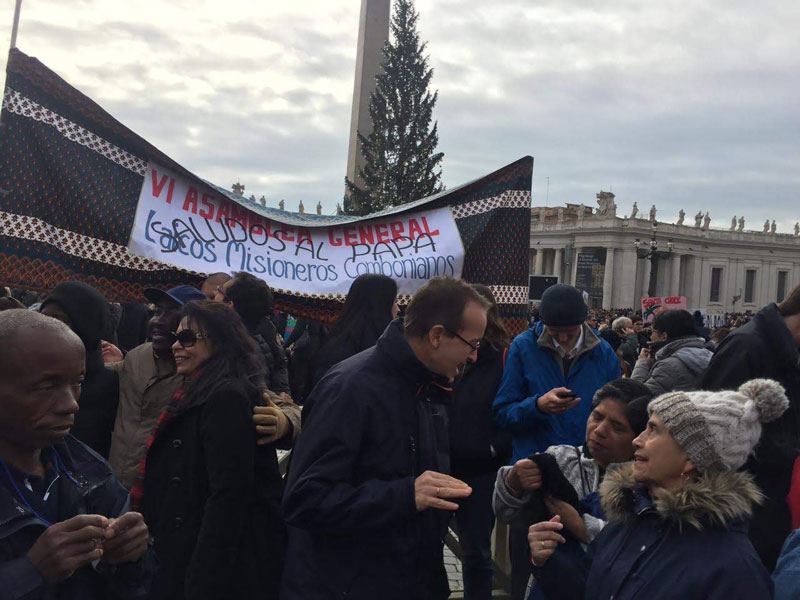
As our Comboni Lay Missionary (CLM) Day is approaching (third Sunday of Advent, and so 13th December) we would like to share a little bit more about what being CLM means. As we all come from different countries, from 3 different continents, from different cultures, and languages, there is a big variety of experiences. But there are also a lot of things we have in common, because “the Work must be catholic, not just Spanish, French, German or Italian. All Catholics must help the Africans, because one nation alone would not succeed in succouring the whole African race.” (St. Daniel Comboni, W. 944).
The main thing we have in common is our love for mission! We have all discovered this desire to spread the Gospel around the world and serve other people, especially the poorest. We realize this vocation in different ways: serving in the field of health, education or social work and also doing pastoral work. We try “to acknowledge, appreciate and love each person, regardless of physical proximity, regardless of where he or she was born or lives” (Pope Francis, Fratelli Tutti, n. 1). As our vocation is for life we do not live it only while abroad and far from home, but also trying to be missionaries after returning to our own countries, in our own original contexts.
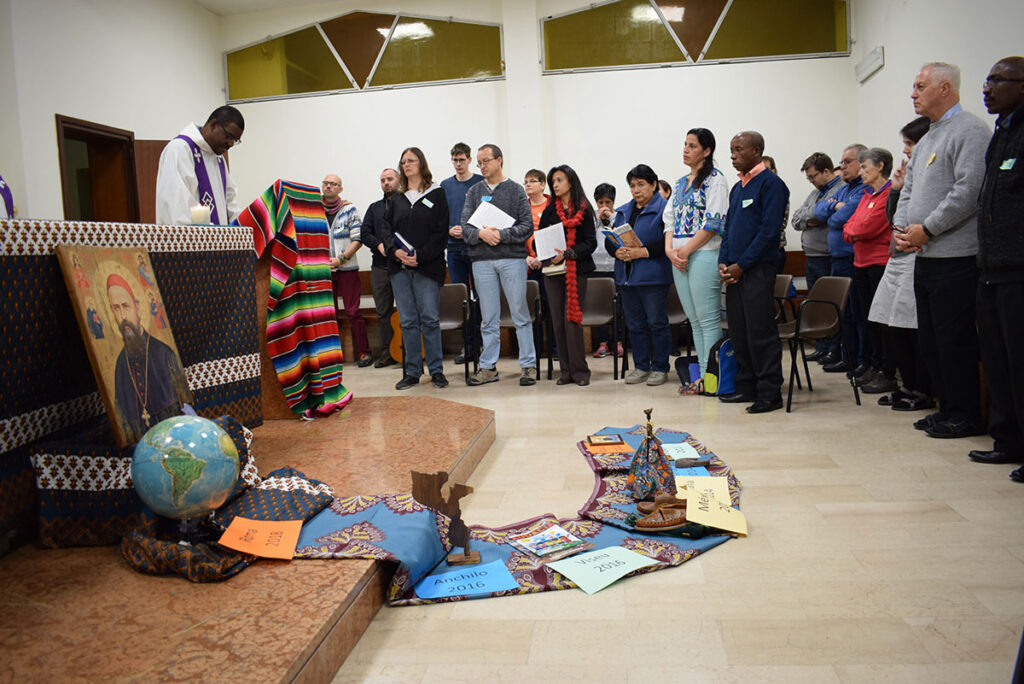
We are an international movement, and in the mission we create international communities, which is a great richness for us ourselves, but also a beautiful sign for the people that as Christians we can live peacefully together, even if we come from different cultures and languages. Also using all the internet, we try to meet each other online and share experiences. Now, during the pandemic, when internet meeting has become so popular, we take the opportunity to meet together with CLM from other continents or invite each other to participate in formation meetings online. We will also celebrate our feast day online. On the one hand we regret that we cannot meet in person with the members of our country groups, but on the other there is joy that as we meet online there is no problem with distance and we can meet with CLM from other countries.
We would like to invite you all to become part of our mission. Maybe some of you have this desire to go for mission ad gentes, then feel free to write an email to us and we will guide you how to join the nearest CLM group. But if you cannot go, because it’s not everybody’s vocation, then you can do great work by your prayer, praying for missionaries and the people to whom they are sent. Prayer is the thing which gives us inspiration, strength to serve, to overcome the difficulties and problems, hope, faith, and love for the people. And it also helps them to be open to the Holy Spirit and God’s word. You can also pray for new vocations, because “the harvest is plentiful but the workers are few. Ask the Lord of the harvest, therefore, to send out workers into his harvest field.” (Matthew 9, 37-38).
We also thank God for all the people who support us in any way and pray for God’s blessings for them.
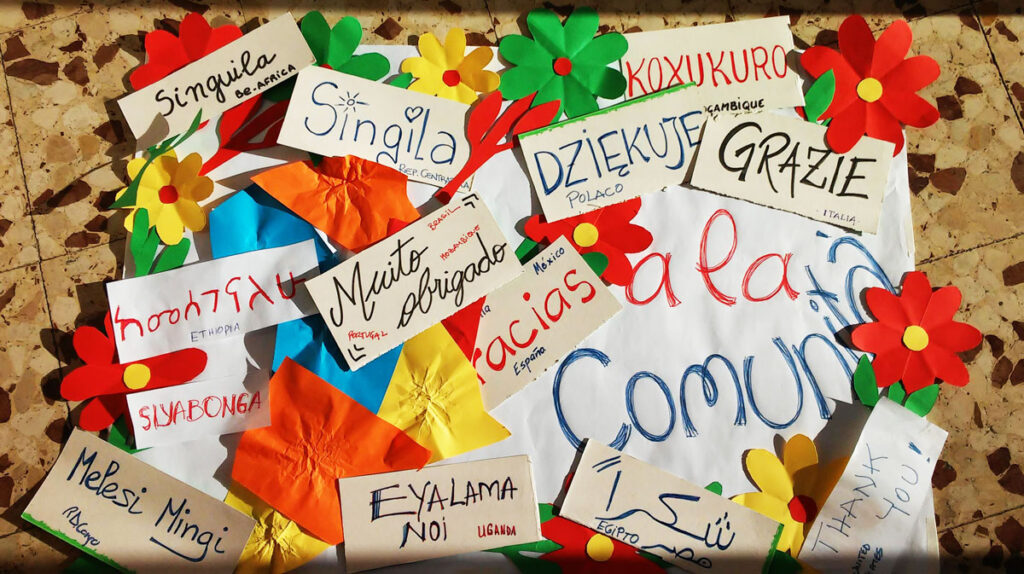
Magda Negewo,
CLM Central Committee
Prayer Intentions of the Comboni Family December 2020
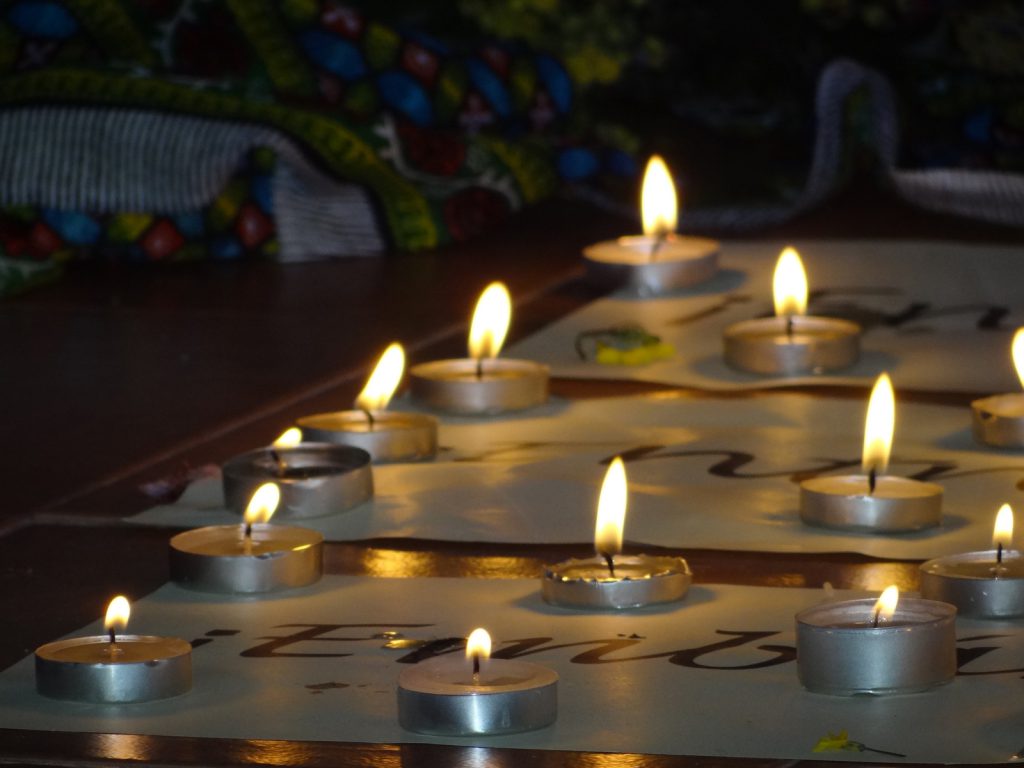
That the celebration of the birth of the Son of God, who fully assumed the human condition, may increase in society understanding, respect and the inclusion of diversity. Lord hear us.





